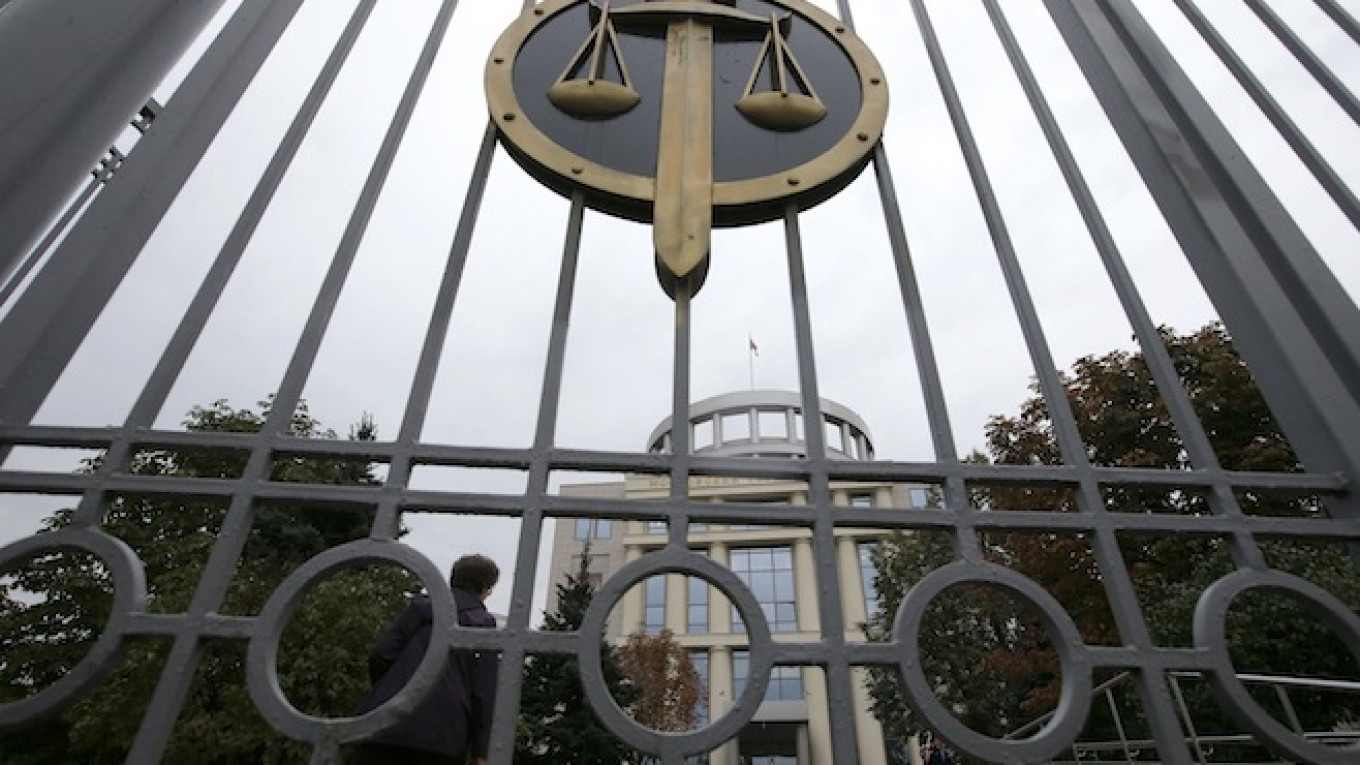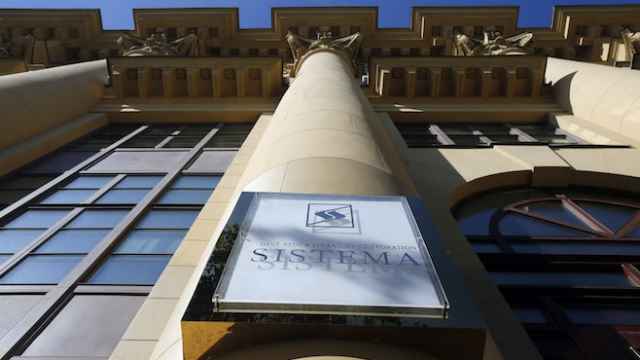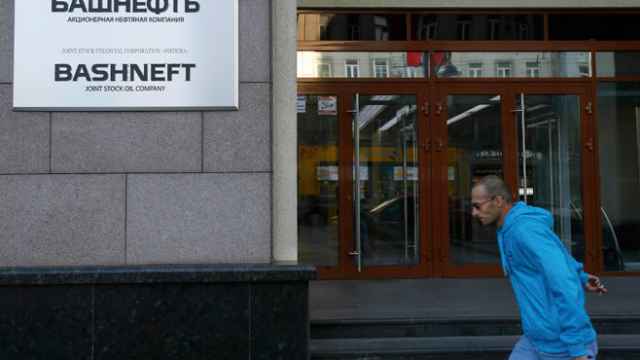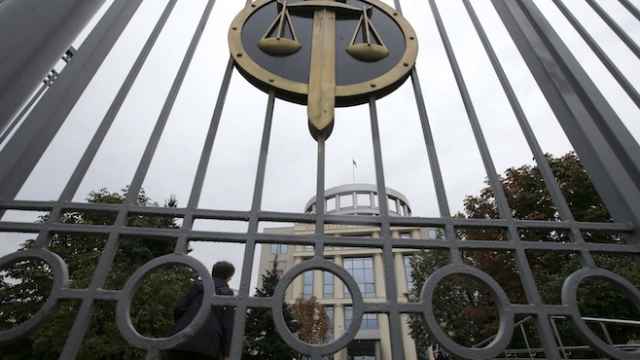Russia won court approval on Thursday to seize shares held by a billionaire businessman's company in oil producer Bashneft over its "improper privatization," marking a success for the latest state move to reclaim prized corporate assets.
Moscow's Arbitration Court ruled in favor of prosecutors who said Bashneft was unlawfully sold to local authorities in the early 2000s before being sold in 2009 to oil-to-telecoms conglomerate Sistema, controlled by tycoon Vladimir Yevtushenkov.
Judge Olga Alexandrova said shares held by Sistema would be moved to Russian property fund Rosimushchestvo, which manages state-owned assets. She said Sistema, which denies the allegations, had a month in which to appeal.
The decision is the latest move allowing the return to state control of oil and gas assets sold off in the rapid and chaotic privatizations of the 1990s after the Soviet Union collapsed. It follows the $55 billion acquisition of Anglo-Russian oil group TNK-BP by Kremlin-controlled Rosneft.
Yevtushenkov, one of Russia's richest men, has been placed under house arrest on suspicion of money laundering related to the acquisition of Bashneft. The company denies the charges.
Sistema said in a statement that it disagreed with the court decision and was considering an appeal. If it submits the appeal within the one month period, Thursday's decision will not come into force until an appeals court rules on the case.
The decision does not affect activities of its units, Sistema said, but it warned that the litigation could have "a significant negative impact" on its investment strategy, financial condition and financial obligations.
Sistema directly owns almost 72 percent of Bashneft's voting shares and has an overall stake of 86.7 percent.
The case has caused an outcry in Russia's business community and drawn comparisons with the case of Mikhail Khodorkovsky, once Russia's richest man and head of now defunct oil producer Yukos. He was arrested on fraud and tax evasion charges in 2003 and jailed after falling out with President Vladimir Putin.
Last month, Putin, facing a crisis in relations with the West over Ukraine and an economic downturn in which oil prices have fallen and the ruble has sunk, said he would not meddle into the Bashneft case.
Rosneft, led by Putin ally Igor Sechin, has dismissed suggestions that it will take control of Bashneft.
Dividend Issue
Some investors have expressed concern about what will happen to Sistema's dividends from Bashneft as investigators have sought to seize them at earlier court hearings. The issue of dividends was not raised on Thursday.
"If confirmed, no additional demands would be a strong positive surprise for Sistema's shareholders, as the risk of the claims for return of the dividends was perceived as high prior to the hearing," Igor Goncharov, senior equity analyst at BCS Financial Group, wrote in a research note.
After the ruling, Sistema shares pared gains and were up 3.1 percent after rising as much as 16 percent earlier. Bashneft shares were up 7.2 percent in late afternoon trade.
Sistema shares had shed almost 70 percent of their value since January, losing 318 billion rubles ($7.3 billion) in market capitalization.
Yulia Bushueva, a managing director at asset manager Arbat Capital, said investors had priced in Bashneft going back under state control. "The key issue for the investment community now is whether the state would go after Sistema's prized asset, MTS, and whether Yevtushenkov can keep it," she said.
Russian mobile phone operator MTS and Bashneft are Sistema's biggest businesses and have been its main source of dividends.
Sistema bought Bashneft in 2009 from local authorities for $2.5 billion and quickly increased oil production at the company after employing modern drilling methods.
Bashneft, Russia's sixth-largest crude oil producer, extracted more than 16 million tons (320,000 barrels) per day of crude oil last year, a more than 4 percent increase on the year before.
A Message from The Moscow Times:
Dear readers,
We are facing unprecedented challenges. Russia's Prosecutor General's Office has designated The Moscow Times as an "undesirable" organization, criminalizing our work and putting our staff at risk of prosecution. This follows our earlier unjust labeling as a "foreign agent."
These actions are direct attempts to silence independent journalism in Russia. The authorities claim our work "discredits the decisions of the Russian leadership." We see things differently: we strive to provide accurate, unbiased reporting on Russia.
We, the journalists of The Moscow Times, refuse to be silenced. But to continue our work, we need your help.
Your support, no matter how small, makes a world of difference. If you can, please support us monthly starting from just $2. It's quick to set up, and every contribution makes a significant impact.
By supporting The Moscow Times, you're defending open, independent journalism in the face of repression. Thank you for standing with us.
Remind me later.






